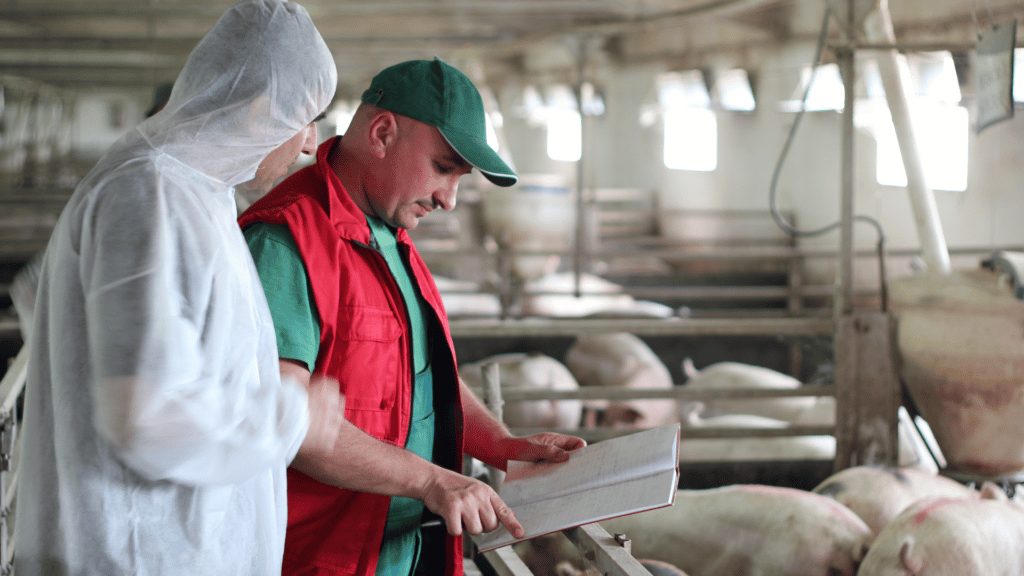The South African Pork Producers’ Organisation (SAPPO) has embarked on a process of streamlining biosecurity assessments and the categorisation of pig facilities. The categorisation is based on the purpose and/or requirements of purchasers, thus facilities are primarily divided into two categories:
- export; or
- trade within South Africa.
In both instances, purchasers require health assurances for the pigs they are buying.
In the future, pig facilities will be categorised as export compartments with (more) stringent facility requirements, with biosecure farms as another category. Biosecure farms will be audited annually and given a Biosecurity Assessment Score (BAS), which they can then share with the purchasers of their pigs. It will be up to the various purchasers of pigs to decide based on the BAS as to whether they want to purchase from a particular supplier. Non-compartment Pork 360 farms will be required to have a minimum BAS in the future; they will need to remain compliant in all current biosecurity aspects contained in the Pork 360 Farm Standards.
Export compartment auditing and certification will remain a state veterinary competency, whilst biosecure pig farms will be an industry-managed programme.
SAPPO is currently engaging with veterinary services to apply to the World Organisation for Animal Health (WOAH, previously the OIE) to add some of our African swine fever- (ASF)-free compartments to their self-declaration of freedom from disease list. This initiative will pave our way to achieve this goal and hopefully open doors to export markets.
The South African Pork Producers’ Organisation (SAPPO) coordinates industry interventions and collaboratively manages risks in the value chain to enable the sustainability and profitability of pork producers in South Africa.
















